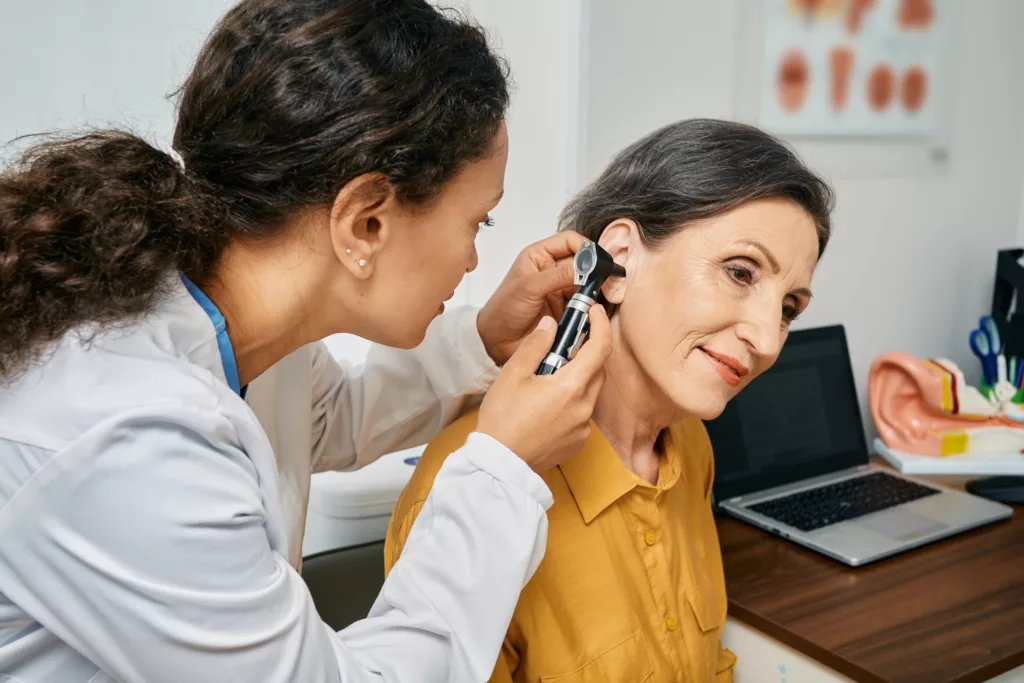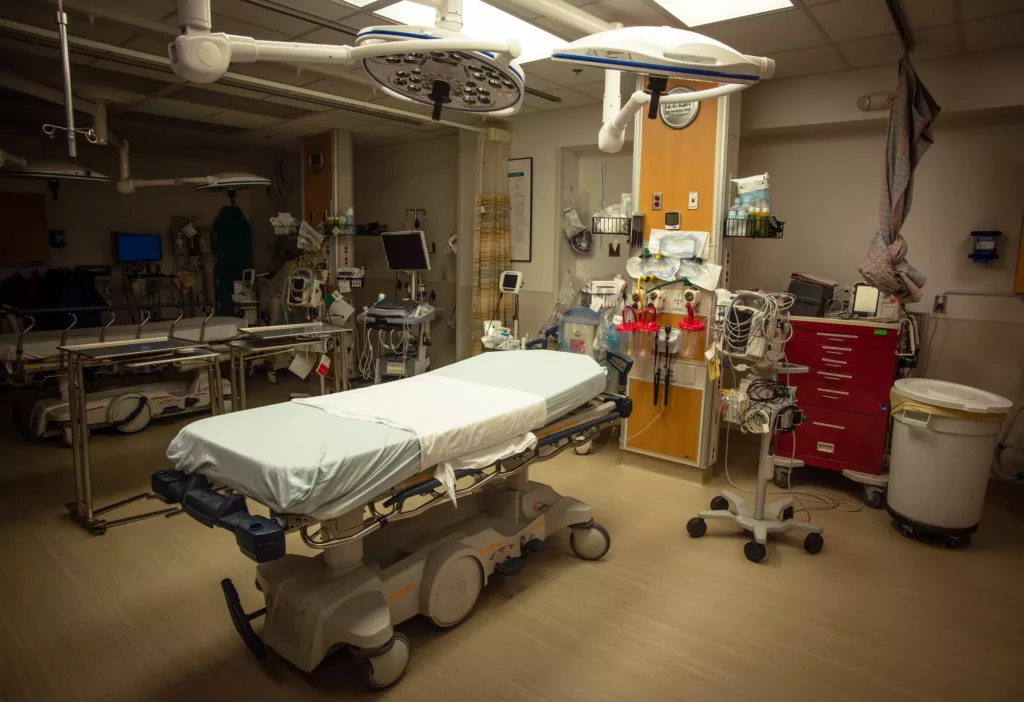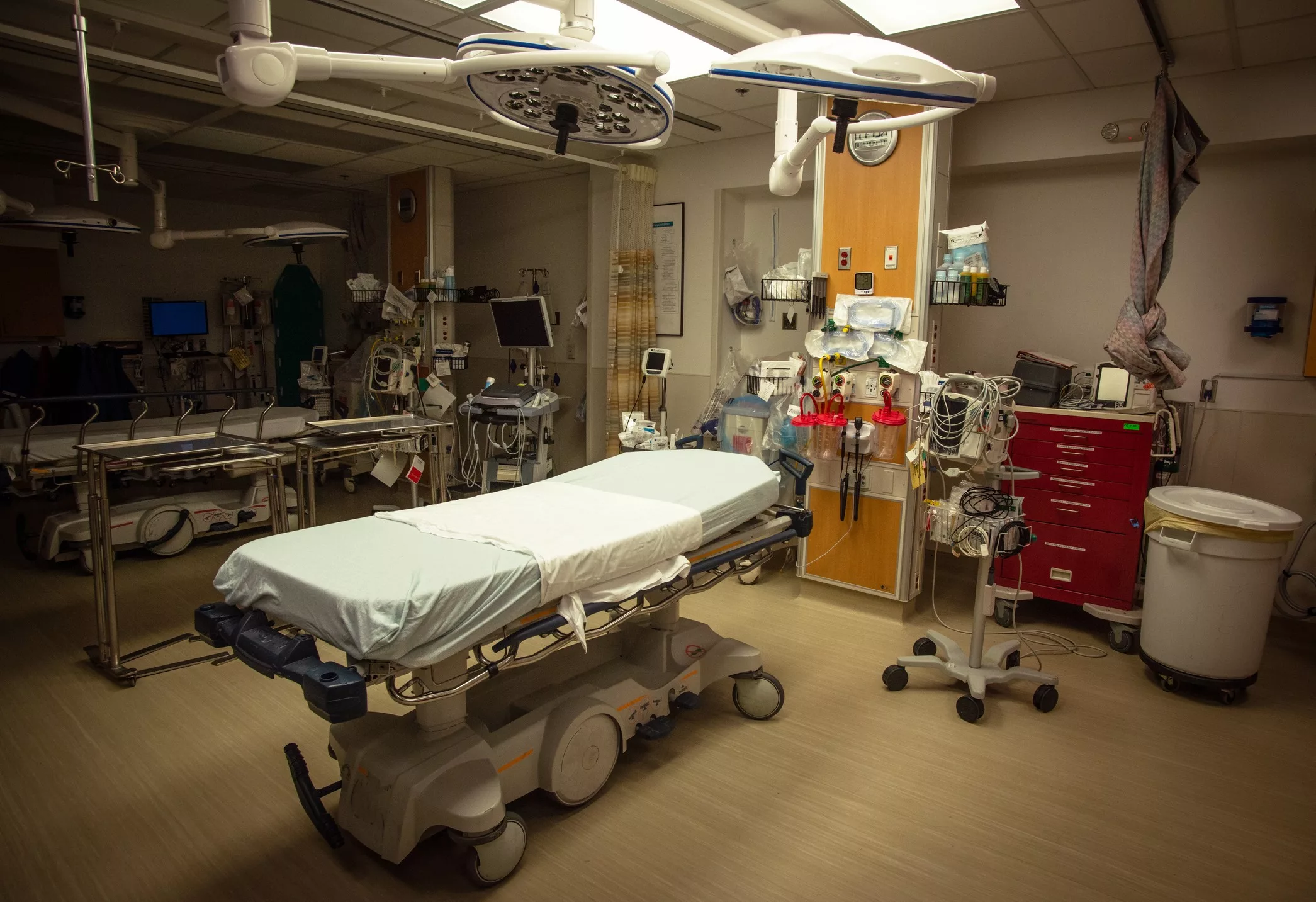vs Primary Care: what’s the difference?
Primary Care vs. Emergency Medicine: A Simplified Overview
Primary care and emergency medicine serve distinct roles in health care. Yet, both are critical for overall patient well-being.

Primary Care:
- Nature of Care: Primary care focuses on overall health maintenance. It emphasizes prevention, early detection, and long-term management.
- Providers: Family doctors, internists, and pediatricians are typically primary care providers.
- Setting: Patients see primary care doctors in clinics or offices.
- Duration: Patients often have longstanding relationships with their primary care doctors.
- Scope: Covers a wide range of non-urgent medical issues. These include routine check-ups, vaccinations, and chronic disease management.
- Referrals: Primary care doctors often refer patients to specialists when needed.
- Goal: The aim is to keep you healthy over time. Primary care providers monitor your health progress and guide you through various life stages.
Emergency Medicine:

- Nature of Care: Emergency medicine addresses immediate, life-threatening conditions.
- Providers: Emergency doctors and nurses have specialized training to handle acute problems.
- Setting: Patients access emergency care in hospitals’ emergency departments.
- Duration: Interactions are usually brief, addressing the immediate issue.
- Scope: Treats serious injuries, severe pain, and sudden-onset illnesses. Examples include heart attacks, broken bones, and breathing difficulties.
- Referrals: After stabilizing a patient, they might refer them to specialists or admit them to the hospital.
- Goal: The priority is to save lives and stabilize patients.
Contrasting Points:
- Focus: Primary care emphasizes long-term health, while emergency medicine deals with immediate crises.
- Setting: Primary care happens in clinics. Emergency medicine is in hospital settings.
- Relationship: Patients build lasting ties with primary care doctors. Emergency medicine interactions are typically one-time events.
- Scope: Primary care oversees general health. Emergency medicine concentrates on acute, serious issues.
Primary care nurtures long-term health, while emergency medicine responds to urgent crises. Both are invaluable in ensuring comprehensive health care. Remember to consult primary care for general health concerns and visit emergency departments for immediate, life-threatening situations.
Copyright 2024 William E. Franklin, DO, MBA
Disclaimer:
The information on this website (the “Site”) is for general informational purposes only. It is not a substitute for professional medical advice, diagnosis, or treatment. This disclaimer governs your use of the Site; by accessing and using the Site, you accept and agree to be bound by this disclaimer. If you disagree with this disclaimer, you should not use the Site.
No Medical Advice:
The content provided on the Site, including but not limited to text, graphics, images, videos, and other materials, is designed to offer general health and wellness information. It does not intend to provide medical advice specific to your condition or medical concerns. Always seek the advice of a qualified healthcare professional with any questions you may have regarding a medical condition. Never disregard professional medical advice or delay seeking it because of something you have read on this Site.
No Doctor-Patient Relationship:
Using this Site and transmitting information does not create a doctor-patient relationship between you and the Site’s owners, operators, or contributors. No recipient of information from this Site should act or refrain from acting based on any content included without seeking appropriate medical advice from a licensed professional.
Use at Your Discretion:
The Site is provided “as is,” and your use is at your own risk. While we strive to provide accurate and up-to-date information, we make no representations or warranties of any kind, express or implied, about the completeness, accuracy, reliability, suitability, or availability of the Site or the information, products, services, or related graphics contained on the Site for any purpose.
Third-Party Content and Links:
The Site may contain links to third-party websites or resources. These links are provided for your convenience and do not imply endorsement or recommendation of any third-party information, products, or services. We have no control over the content of linked sites. We are not responsible for any information, services, or products these sites provide—your access and use of such third-party sites are at your own risk.
Consult a Healthcare Professional:
If you have specific medical questions or concerns or require medical advice or treatment, please consult a qualified healthcare professional promptly. Never disregard professional medical advice or delay seeking it because of something you have read on this Site.
In summary, the information provided on this Site should not be considered medical advice and does not create a doctor-patient relationship. Your use of the Site is at your discretion, and you should always consult a qualified healthcare professional for personalized medical advice and treatment.

Leave a Reply